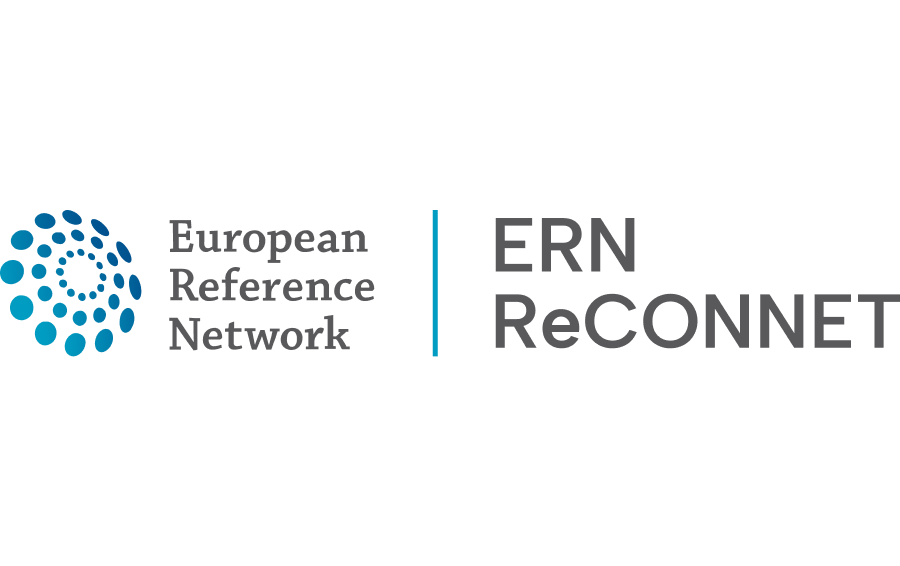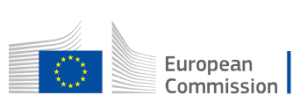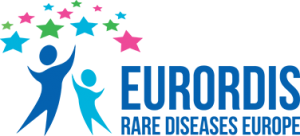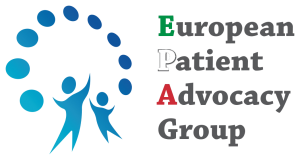ERN ReCONNET
Events & Media
Useful links
Useful links
European Reference Networks (ERNs) are virtual networks involving healthcare providers across Europe. They aim to facilitate discussion on complex or rare diseases and conditions that require highly specialised treatment, and concentrated knowledge and resources. The first ERNs were launched in March 2017, involving more than 900 highly-specialised healthcare units from over 300 hospitals in 26 EU countries. 24 ERNs are working on a range of thematic issues including bone disorders, childhood cancer and immunodeficiency.
European Commission. The Commission’s work is steered by a College of Commissioners, and led by its President. The Commissioners work on specific policy priorities that are set out by the Commission President.

The European Medicines Agency (EMA) is a decentralised agency of the European Union (EU). It is responsible for the scientific evaluation, supervision and safety monitoring of medicines.
The European League Against Rheumatism (EULAR) is the organisation which represents the people with arthritis/rheumatism, health professionals (HPR) and scientific societies of rheumatology of all the European nations. The aims of EULAR are to reduce the burden of rheumatic diseases on the individual and society and to improve the treatment, prevention and rehabilitation of musculoskeletal diseases.
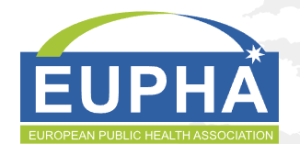
The European Public Health Association, or EUPHA in short, is an umbrella organisation for public health associations and institutes in Europe. EUPHA was founded in 1992 by 15 members (12 countries).
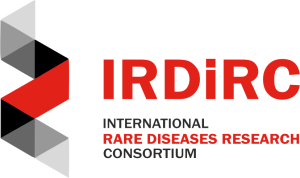
The International Rare Diseases Research Consortium (IRDiRC) is a global collaborative initiative launched in 2011 by the European Commission and the US National Institutes of Health to tackle rare diseases through research and accomplish the vision to enable all people living with a rare disease to receive an accurate diagnosis, care, and available therapy within one year of coming to medical attention. The Consortium gathers 58 member organizations from all continents. Members’ representatives are organized into the Constituent Committees of Funders, Companies and Umbrella Patient Advocacy Groups, and collaborate with international experts nominated into the Diagnostics, Therapies, Interdisciplinary and Regulatory Scientific Committees. Through its broad representation, IRDiRC works towards the mission of advancing diagnostics and treatments, and of understanding the impact of these, for all people living with a rare disease. IRDiRC Committees are engaged to identify gaps and key issues in rare disease research and to tackle these through Task Forces and Working Groups aimed at producing guidelines, recommendations and resources.
Orphanet is a unique resource, gathering and improving knowledge on rare diseases so as to improve the diagnosis, care and treatment of patients with rare diseases. Orphanet aims to provide high-quality information on rare diseases, and ensure equal access to knowledge for all stakeholders. Orphanet also maintains the Orphanet rare disease nomenclature (ORPHAcode), essential in improving the visibility of rare diseases in health and research information systems.

Rare Diseases International (RDI) is the global alliance of people living with a rare disease of all nationalities across all rare diseases. RDI’s mission is to be a strong common voice on behalf of rare disease patients around the world, to advocate for rare diseases as an international public health priority and to represent its members and enhance their capacities. RDI has more than 90 member organizations from 46 countries, that in turn represent rare disease patient groups in more than 150 countries worldwide.
EURORDIS is a non-governmental patient-driven alliance of patient organisations and individuals active in the field of rare diseases in Europe and beyond, representing 924 rare disease patient organisations in 72 countries. EURORDIS’ mission is to build a strong pan-European community of patient organisations and people living with rare diseases, to be their voice at the European level.
The Filière de santé des maladies auto-immunes et auto-inflammatoires systémiques rares (FAI²R) is the French rare diseases Healthcare Network on auto-immune and auto-inflammatory rare diseases, financed and piloted by the French Ministry of Health. FAI²R federates resources and expertise in order to facilitate the care, diagnosis and management of adult and paediatric patients. The main pathologies treated by the network are systemic lupus, scleroderma and other connective diseases.
The European Joint Programme on Rare Diseases (EJP RD) brings over 130 institutions (including all 24 ERNs) from 35 countries to create a comprehensive, sustainable ecosystem allowing a virtuous circle between research, care and medical innovation.
The Lupus Academy is a long-term initiative committed to improving patient outcomes in Systemic Lupus Erythematosus and allied diseases. By providing a highly interactive educational forum, the Lupus Academy is dedicated to sharing best clinical practice through the dissemination and discussion of cutting edge scientific and clinical research.
ePAG Italia is a group of Italian ePAG Advocates that are involved in the ERNs. The group aims at creating a national network of Italian ePAG Advocates and at engaging with the national rare diseases communities in order to contribute to the European and national initiatives on rare diseases and on ERNs.





